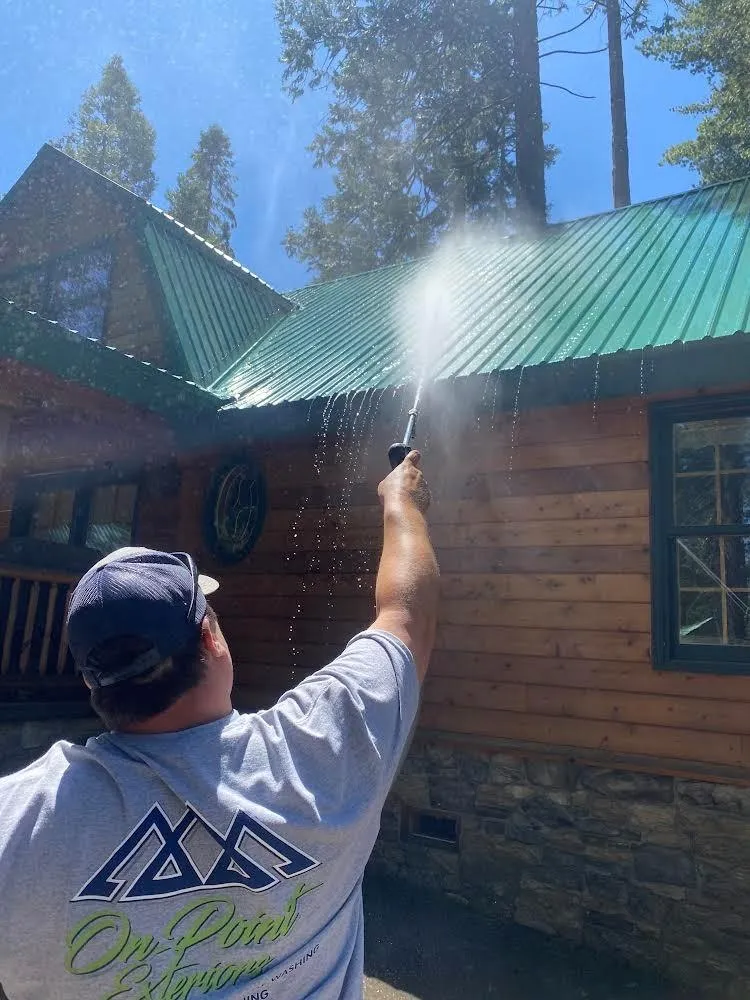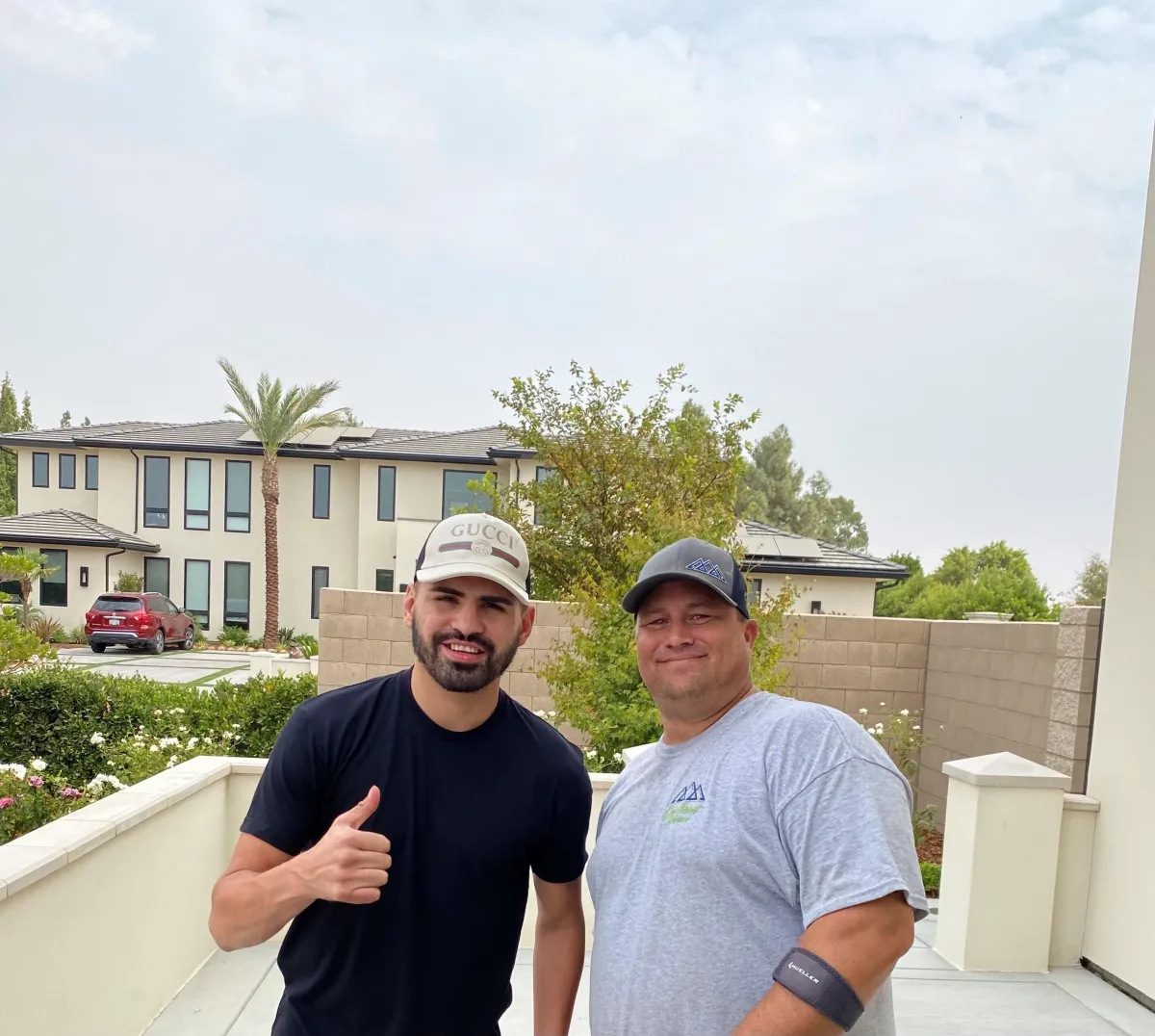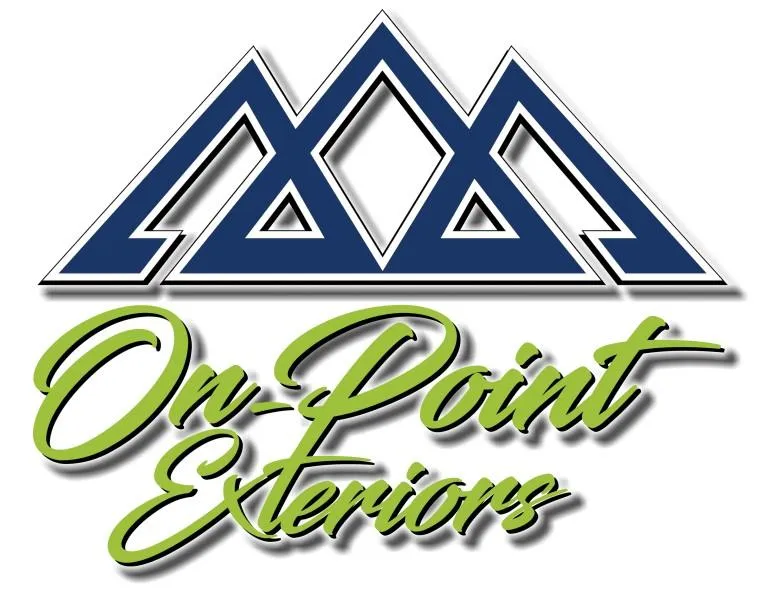How Does Soft Washing Differ From Traditional Pressure Washing
Soft washing and traditional pressure washing are two common techniques used for cleaning various surfaces. While both methods aim to remove dirt, grime, and other contaminants, there are significant differences between the two.
Soft washing is a gentle yet effective way of cleaning delicate or porous surfaces, such as painted walls, roofs, and wood. On the other hand, traditional pressure washing uses high-pressure water to blast away built-up debris from hard surfaces like concrete or brick.
In this article, we will delve deeper into the differences between soft washing and traditional pressure washing and discuss which method is better suited for different cleaning needs.

The Basics of Soft Washing
Soft washing utilizes low-pressure water combined with specialized cleaning solutions to remove dirt, mold, mildew, and other contaminants from surfaces.
The process involves spraying a biodegradable chemical solution onto the surface, allowing it to penetrate and break down the buildup. Then, a gentle rinse with low-pressure water removes the solution along with any remaining dirt or debris.
This method is particularly effective for delicate surfaces as it does not rely on high-pressure water that can cause damage. Additionally, the use of eco-friendly cleaning solutions makes it a safer option for the environment.
The Basics of Traditional Pressure Washing
Traditional pressure washing, also known as power washing, uses high-pressure water to blast away dirt, grime, and other contaminants from hard surfaces.
The process involves using a machine that pressurizes water at high levels, which is then sprayed onto the surface. The force of the water helps loosen and remove any buildup, leaving behind a clean surface.
This method is commonly used for tougher cleaning jobs such as removing oil stains from driveways or removing graffiti from buildings. However, the high-pressure water can also cause damage to delicate surfaces if not used correctly.

The Basics of Traditional Pressure Washing
Traditional pressure washing, also known as power washing, uses high-pressure water to blast away dirt, grime, and other contaminants from hard surfaces.
The process involves using a machine that pressurizes water at high levels, which is then sprayed onto the surface. The force of the water helps loosen and remove any buildup, leaving behind a clean surface.
This method is commonly used for tougher cleaning jobs such as removing oil stains from driveways or removing graffiti from buildings. However, the high-pressure water can also cause damage to delicate surfaces if not used correctly.
Key Differences Between Soft Washing and Traditional Pressure Washing
There are several key differences between soft washing and traditional pressure washing, including the following:
Water Pressure
One of the most notable differences between soft washing and traditional pressure washing is the level of water pressure utilized. Soft washing employs low-pressure water that gently cleans surfaces without risking damage, making it ideal for delicate or porous materials.
Conversely, traditional pressure washing uses high-pressure water to effectively clean hard, durable surfaces, accompanied by a powerful stream that can quickly remove stubborn dirt and debris.
However, this high pressure can potentially damage less resilient surfaces, underscoring the importance of choosing the right method based on the specific cleaning task.
Cleaning Solutions
Another significant difference lies in the cleaning solutions used. Soft washing relies heavily on eco-friendly, biodegradable chemical solutions that help break down dirt, algae, and mildew without the need for harsh scrubbing or pressure.
These solutions are gentle on surfaces and the environment, making soft washing a more sustainable option.
In contrast, traditional pressure washing often relies solely on the mechanical force of high-pressure water to clean surfaces, without the inclusion of chemical additives, which can sometimes prove less effective on mold and other stubborn substances without additional treatments.
Surface Type
The type of surface being cleaned plays a crucial role in determining the appropriate washing method. Soft washing is ideal for fragile surfaces such as roofs, siding, or painted areas that may be damaged by high-pressure jets.
The low-pressure application and specialized cleaning solutions ensure thorough cleaning without the risk of harm.
Traditional pressure washing, on the other hand, is perfect for robust surfaces like concrete, brick, or stonework, where high-pressure water can efficiently remove tough grime and stains without causing structural compromise.
Potential Damage
Potential damage is a critical factor when choosing between washing methods. Soft washing minimizes the risk, as the gentle water pressure reduces the likelihood of surface damage, particularly on delicate materials.
This makes it a preferred choice for cleaning rooftops, wooden decks, and other fragile areas. In contrast, traditional pressure washing, while effective, carries a higher risk of surface erosion or etching, especially if applied incorrectly or on unsuitable materials.
Thus, understanding the toughness of the surface at hand is vital to prevent unwanted and costly damage.
Cleaning Time
Cleaning time can vary significantly depending on the method chosen. Soft washing, with its focus on chemical application and gentle rinsing, may take longer to yield visible results as it relies on the action of cleaning solutions to dissolve buildup.
Conversely, traditional pressure washing provides immediate results thanks to its high-pressure water stream swiftly lifting debris and grime from surfaces.
Despite the rapid cleaning time, pressure washing may require additional prep work or caution to avoid damaging sensitive areas, potentially influencing the overall project duration.
Cost
Cost considerations are essential in selecting between soft washing and traditional pressure washing techniques. Soft washing typically involves a higher initial cost due to the use of specialized cleaning solutions and equipment.
However, its gentle nature may result in less frequent maintenance and potential savings over time.
On the other hand, traditional pressure washing often presents a more cost-effective upfront solution due to its reliance on water alone, but there is an increased risk of incurring repair costs from potential surface damage, particularly over repeated use or improper handling.
So these are some of the key differences between soft washing and traditional pressure washing.
How To Choose The Right Method
When deciding between soft washing and traditional pressure washing, it is crucial to consider the following factors:
Type of surface being cleaned: As discussed, the material of the surface being cleaned is an important consideration. Soft washing is best for delicate surfaces, while traditional pressure washing is suitable for tougher materials.
Level of grime and buildup: The level of dirt, grime, or stains on a surface can also help determine which method is more appropriate. For example, for heavy buildup and tough stains, traditional pressure washing may be more effective.
Potential damage: Consider the potential risks to the surface being cleaned. If there are fragile areas or delicate features that could be damaged by high-pressure water jets, then soft washing may be a better option.
Time and cost: Lastly, consider the time and cost implications of each method. While traditional pressure washing may be more affordable initially, potential damage or repeated use may result in higher long-term costs.
Ultimately, the right method will depend on your specific needs and circumstances. Consulting a professional cleaning service can also help determine the best approach for your unique situation.
Why A Professional Is Always A Good Option
While DIY pressure washing can be tempting, there are several benefits to hiring a professional cleaning service for your soft washing or traditional pressure washing needs.
Expertise and experience: Professional cleaning services have the necessary knowledge and experience to determine the most effective method for different surfaces and levels of grime.
Specialized equipment: They also have access to specialized equipment and tools that may not be readily available for individual use, ensuring thorough and efficient cleaning.
Safety precautions: A professional understands how to handle powerful water jets safely without causing harm to themselves or others. They also know which areas to avoid or protect from potential damage.
Cost-effectiveness: In the long run, hiring a professional can save you money by preventing potential damage and ensuring proper cleaning techniques, resulting in longer-lasting results.
Convenience: Finally, outsourcing the task to a professional service saves you time and energy, freeing you up to focus on other tasks or enjoy your clean home or property.
Ultimately, whether you choose soft washing or traditional pressure washing for your cleaning needs, it is essential to weigh the various factors discussed and seek professional assistance when needed. With the right approach and care, your surfaces will be left sparkling clean without any unwanted damage.
Does Soft Washing Preserve The Environment?
Soft washing is considered to be a more environmentally-friendly alternative to traditional pressure washing. This is because it relies on biodegradable cleaning solutions and minimal water usage.
Excessive use of high-pressure water can often lead to erosion and runoff, potentially carrying harmful chemicals and contaminants into the environment. Soft washing aims to reduce this impact by using eco-friendly solutions that are gentle on both surfaces and the surrounding environment.
Additionally, soft washing also eliminates the need for harsh chemicals or excessive scrubbing, reducing potential damage to delicate ecosystems such as gardens or landscapes.
Plus, the use of specialized equipment and careful application techniques ensures that only the targeted areas are treated, minimizing any unnecessary chemical exposure.
Why Soft Washing Is A Better Option For Delicate Surfaces
Delicate surfaces, such as roofs, siding, and outdoor furniture, are particularly vulnerable to damage from traditional pressure washing. The high-pressure water can cause cracks, dents, or even strip off paint.
Soft washing is a more gentle option for cleaning these types of surfaces. With its use of low-pressure water jets and biodegradable cleaners, it effectively removes dirt and grime without causing harm.
Moreover, soft washing can also help preserve the aesthetic appeal of delicate materials such as wood or stucco by preventing surface damage that could require costly repairs or replacements. Also, the lack of harsh chemicals means less risk of discoloration or fading.
Choose On-Point Exteriors For A Professional and All-Inclusive Cleaning Experience
When it comes to maintaining the exterior of your property, there's no better choice than On- Point Exteriors.
Our team of professionals offers a range of services, including pressure washing, soft washing, house washing, window cleaning, gutter and roof cleaning, and moss removal. We cater to both residential and commercial properties in Sonora, Sierra Foothills, and Central Valley.
We take pride in delivering exceptional results for our clients. Our state-of-the-art equipment and trained technicians ensure that your property is left looking spotless and refreshed. Plus, we offer customized cleaning solutions to suit your specific needs and eco-friendly options for a more sustainable approach.
Contact us today to begin your next cleaning project and see the difference of professional exterior cleaning services. Call (209) 200-4009 now!
Our Reviews
Frequently Asked Questions
How does the soft washing method differ from pressure washing?
The soft washing method differs from traditional pressure washing in that it uses a low-pressure system combined with a specially formulated cleaning solution. While pressure washers rely on high pressure to remove dirt and grime, soft wash techniques prioritize a gentler cleaning process. This makes soft washing and pressure washing suited to different surfaces, with soft washing being ideal for delicate areas that a regular pressure wash might damage.
What is the advantage of using a soft wash in the cleaning process?
The advantage of using a soft wash is the effectiveness of its cleaning method without causing damage. Unlike pressure washing, which uses forceful streams that can harm surfaces, the soft washing process incorporates biodegradable cleaning solutions to gently eradicate mold, algae, and stains. This ensures that the surfaces are cleaned thoroughly and safely, making both soft washing and pressure washing essential yet distinct services.
Can both pressure washing and soft washing be used for exterior cleaning?
Yes, both pressure washing and soft washing can be used for exterior cleaning, but they serve different purposes. Pressure washing is ideal for hard surfaces like concrete and brick, where the high pressure effectively removes tough stains. In contrast, soft washing services are better for surfaces like roofs, siding, and wood, where a pressure washer might cause damage. Thus, each method has its place in a comprehensive cleaning process.
Why choose soft washing services over a pressure wash?
Choosing soft washing services over a pressure wash is often about preserving the integrity of delicate surfaces. Soft washing vs pressure washing becomes a consideration when dealing with areas that need a gentle touch. The soft washing method uses eco-friendly cleaning solutions that penetrate and clean without high pressure, which can be vital for maintaining the longevity of certain materials.
Conclusion
Overall, choosing between soft washing and traditional pressure washing will depend on various factors such as the type of surface, level of dirt or grime, and cost considerations. However, it is essential to prioritize safety and environmental impact in any cleaning decision.
Also, seeking professional assistance from a trusted service like On-Point Exteriors can ensure a more efficient and thorough cleaning experience. With their expertise, specialized equipment, and eco-friendly options, you can achieve long-lasting results without any unwanted damage.
So now you can confidently make an informed decision for your next exterior cleaning project. Say goodbye to dirt and grime and hello to a sparkling, refreshed property!

Reliable, experienced professionals you can count on.
"We don’t cut corners, we clean them"
Copyright On-Point Exteriors 2025. All rights reserved SMS-Privacy policy